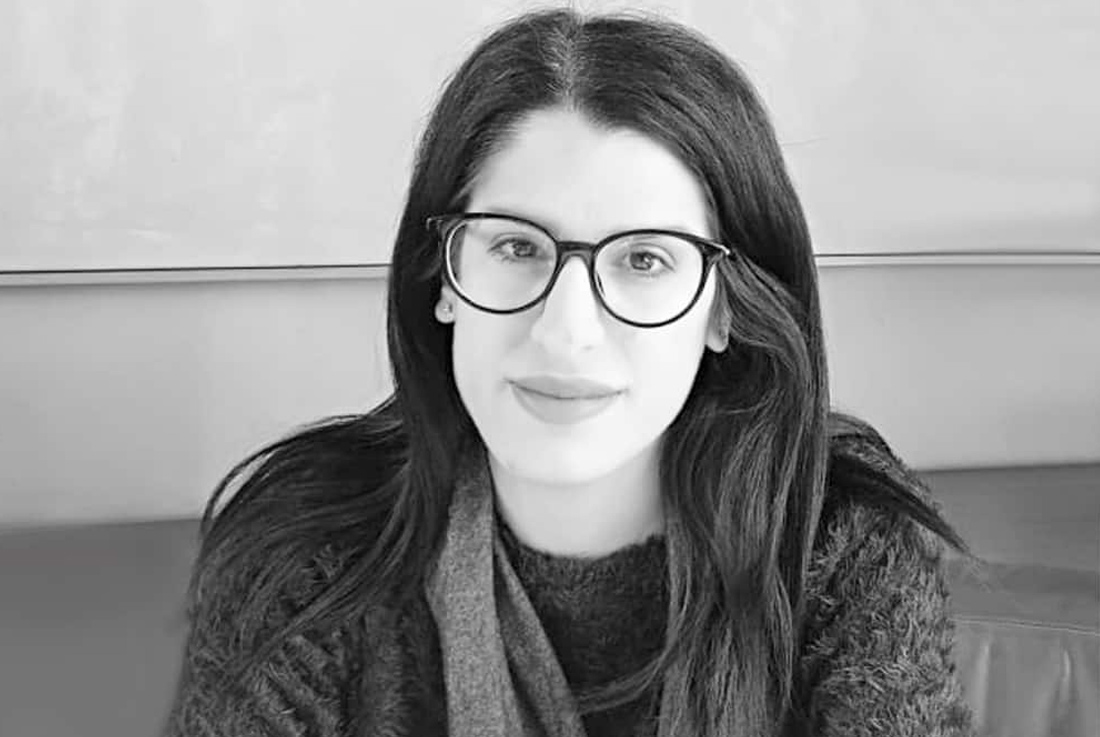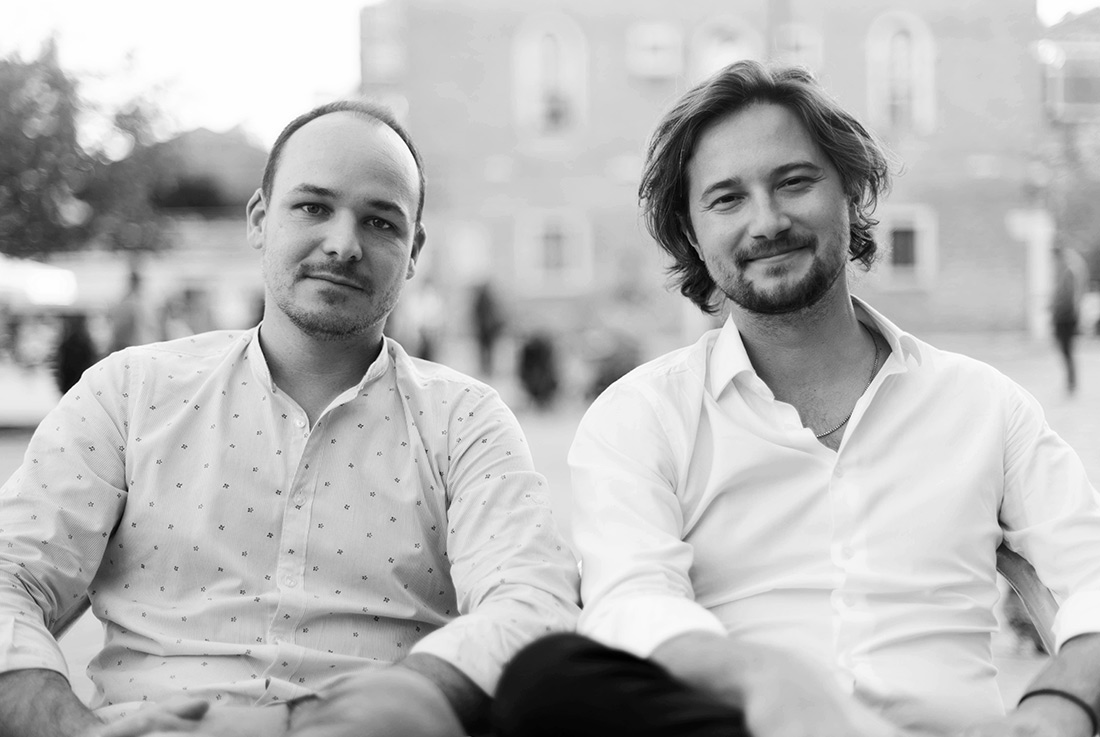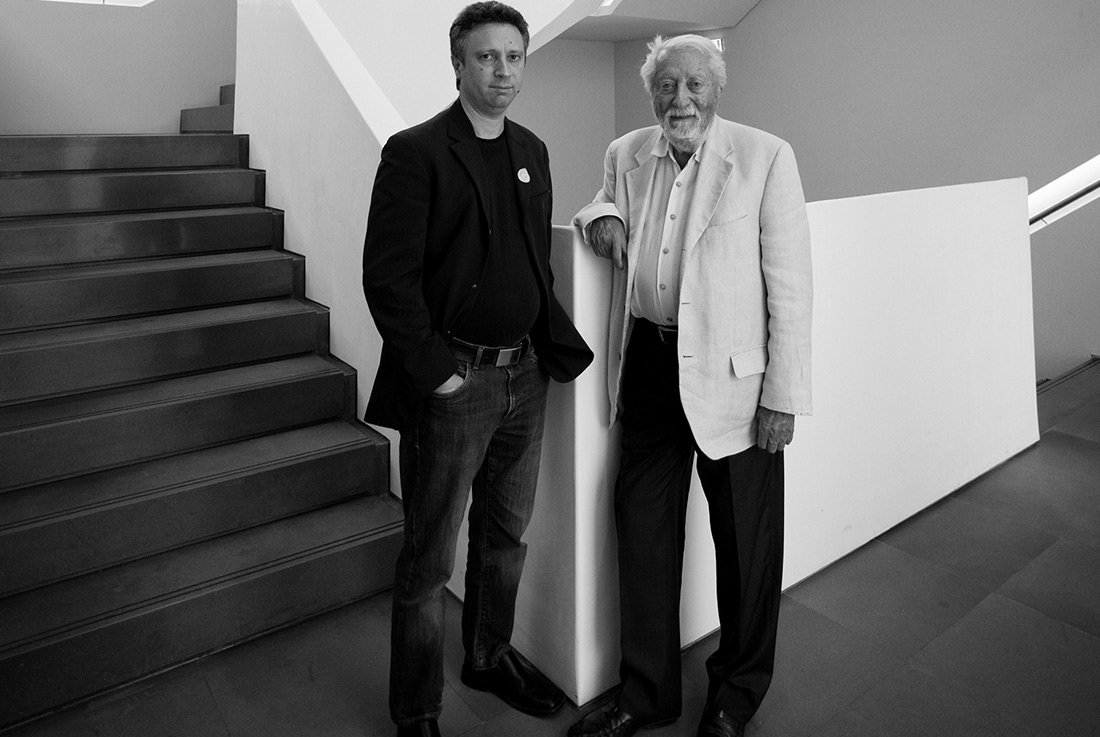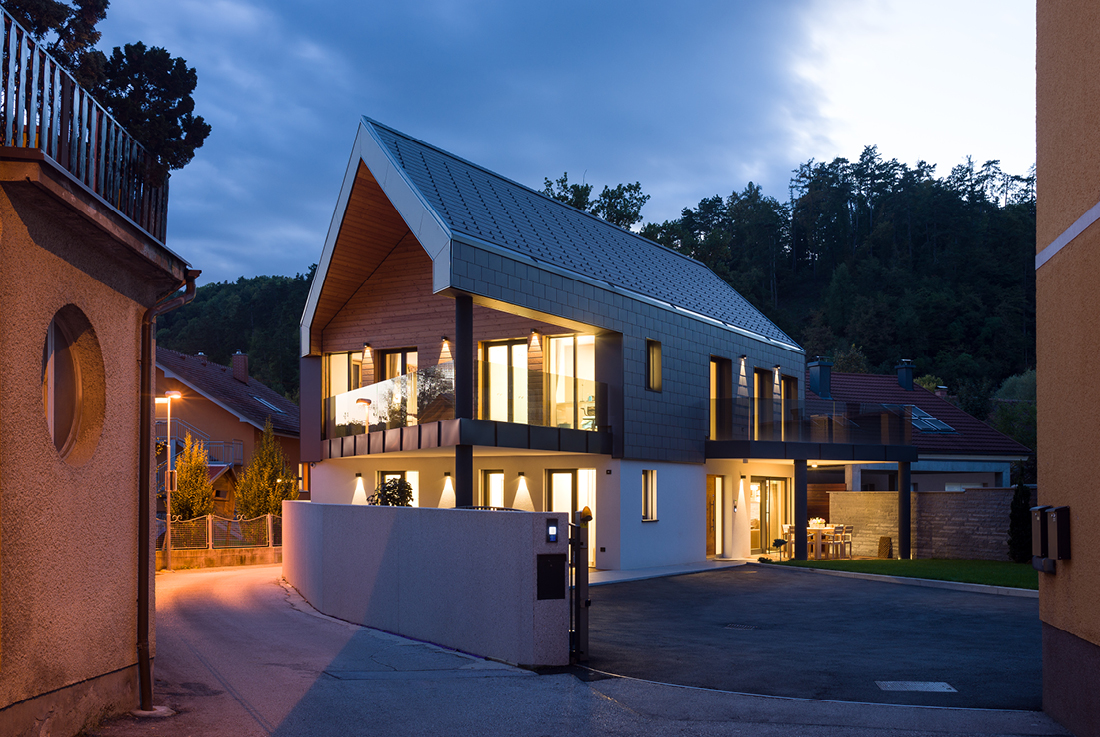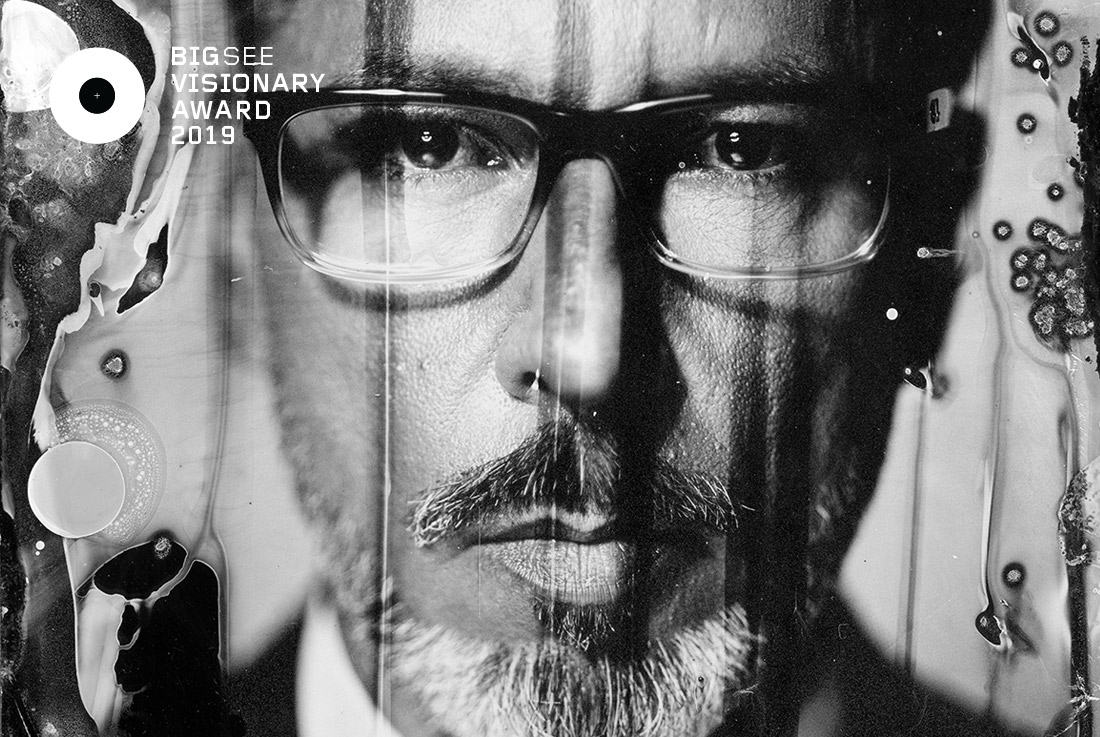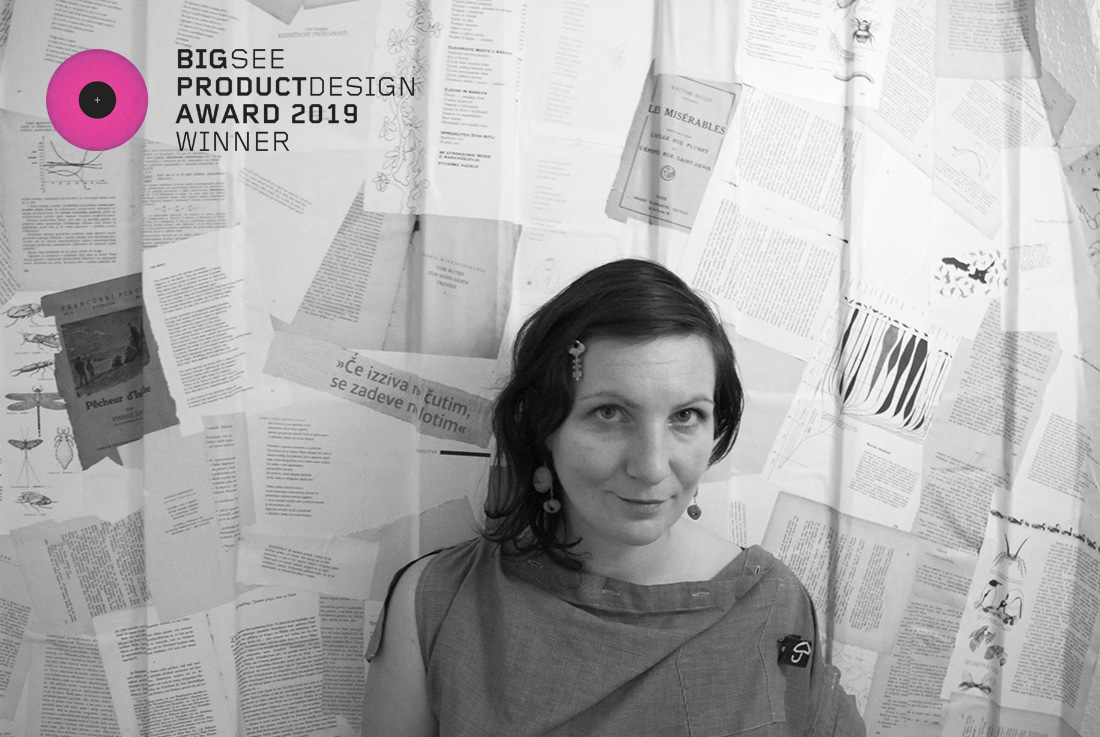
Hopefully our empathy will remain at this increased level after the crisis is over
By Boštjan Tadel, photo: Srdjan Živulović-BOBO
The optimistic view of the Covid-19 pandemics is that it provides a chance for a global reset, usually in a sense of initiating a process of levelling inequality all across the globe and within countries, classes and sexes. Especially left or liberal activists and politicians were obviously talking about it at least since the financial crisis a decade ago, but they were not particularly successful – they now hope the pandemics will be a game changer.
In your writings on ethics you cover many of the same topics, obviously on a philosophical, therefore more fundamental level: do you also feel that – as Barack Obama's chief of staff said that “one should never let a crisis go to waste” – it is about time that something changes?
I am certain that important questions about democracy are being opened now, although I don't think we can call them either more or less fundamental, as it is impossible to structure a system of ethics around the vertical axis. Ethics cannot be perceived as something with ideas on top, or with some profundity at its depth, often provided by religious context.
I believe democracy is a horizontal endeavor, based on what people have in common, and this is not some rational political idea, but a sense, an intimation of mutual closeness, of concern, of inter-relatedness. If our perception of these issues will change because of what the pandemics has brought and what will it lead to, it would probably also change the way we think about democracy and how we arrange our societies.
Having said that, I believe that we have to a large degree exhausted more procedural theories of democracy and traditional political ideas such as “left” or “right”. It is very obvious, if you consider orientations such as post-Marxism or post-communism, and quite apparent even in the fact that many of their leading thinkers are getting quite advanced in age. On the other hand, we have the “alt-right” movement especially in the United States, which had its heyday as reaction to post-Marxism and because of immigration crisis, but seems to be losing steam as well. It may also be because it turns out that immigration is not such a big problem as it had been presented by right-wing politicians or ideologues. In the view of the pandemics it is becoming increasingly clear that migrations were not a phenomenon on the scale of historic proportions, but are an ethical, and not a political issue, as I have maintained all along.
"These concepts existed before the pandemic, but hopefully the crisis will increase our empathy for these issues, and – what matters even more – our empathy will remain at this increased level even after the crisis is over … or when a new one comes."
I should point out that here I do not think so much along the lines of the so called ‘caring democracy’, as I feel closer to spiritual traditions of the world, together with central material and social signifiers. What I am interested in is – very broadly – a field of material ethics in a sense of revitalization of our notion of the body, of inter-corporeality as relations and space between bodies, of inter-humanity as relations between generations, genders and cultures, essentially inspired by the work of Luce Irigaray (b. 1932) whom I consider a fundamental philosopher of our time.
Some may call it feminist philosophy, but I don't think it can be reduced to it: it is a philosophy that is sensitive to something that has been forgotten for a long time, and as such cannot be separated from important political and even religious context that I hope I was able to explain in my new book Antigone's Sisters.
To return to your question, yes, all these concepts have existed before the pandemics, but hopefully the crisis will increase our empathy for these issues, and – what matters even more – our empathy will remain at this increased level even after the crisis is over … or when a new one comes.
In this sense at the beginning of your book Antigone's Sisters, you quote Bulgarian-French thinker Julia Kristeva: “Christ and Mary, differently and together, recognize, in short, the sovereign lucidity of Antigone (…) And they invite all women, natural mothers of the species, not to halt the flow of childbearing but to join with them (Jesus and Mary) at one of the possible crossroads of Greek and Jewish memory.”
As this conversation is conducted at the invitation of a regional conference, it seems fitting to address this fundamental ethical issue that originated from what we today call “South-Eastern Europe” – and that builds on a very contemporary egalitarian impulse. Can you also think of some more “practical” aspects of this “spirit of the times” (Zeitgeist), that you construct philosophically by synthesis of timeless, even cosmic laws, as you call them, and modern political issues?
Antigone as a dramatic character – and as a central figure of our ethical imagination – acts to protect life. She is in touch with ancient goddesses that were protectors of basic spiritual life which is the starting point of all ethics. And if we want to be really brutally practical and ask what is an underlying cause of the Covid-19 crisis, it is the hubris of us contemporary humans who think we can manipulate nature and animals.
It is one way of looking at it – but the other, more political, co-operative, even humanitarian view of the same is that it points out the broken bond that can be observed in all fields, and above all theological, political and also philosophical. It is a broken bond between the sexes that is evident in the way of thinking that has become the norm with Plato and Aristotle and has been called “phallogocentrism” by Derrida. As I show in my new book, the healing process has begun more than two hundred years ago with Schelling and Feuerbach, but it has been mostly ignored by still dominant schools that relied on Kant and Hegel who have ignored sexual difference.
And the third view is ethical and it builds on the concept of a new, matrixial ethics, initially developed by Bracha Ettinger (b. 1948), that I have modified to an important degree, and that looks for what is common for us all, either in the world as a whole or in politics in a sense of meta-ethics. If ethics is only a tool, even if used for the “good cause”, such as for example the environment, it means that its role is reduced – it needs to be seen and used as a fundamental discipline of our co-existence with nature, with the other, with God, and above all with ourselves in the sense of self-affection. This last concept gets its profound meaning in the Biblical phrase “thou shalt love thy neighbor as thyself” – you can't love thy neighbor, if you can't love yourself.
"Ethics … needs to be seen and used as a fundamental discipline of our co-existence with nature, with the other, with God, and above all with ourselves in the sense of self-affection."
Luce Irigaray expressed it very precisely in her book In the Beginning, She Was from 2013: “Self-affection today needs a return to our own body, our own breath, a care about our life in order not to become subjected to technologies, to money, to power, to neutralization in a universal “someone,” to assimilation into an anonymous world, to the solitude of individualism.”
Interestingly you pointed out material and social signifiers. Sophocles' Antigone has been written to be performed in a theatre, therefore in a physical space of major ritual significance for the Greeks. There are also other more modern examples of spirituality being communicated by design of a space, to mention e. g. Rudolf Steiner's anthroposophy. Do you notice parallels to your research also in current material culture such as architecture or the arts?
I have to admit that I have never studied architecture in detail, but I am certain it belongs to a very high plane of things, superseded in the arts maybe only by music, because of its absolute materiality as it is nothing but vibrations. Music is therefore very primordial, but architecture as creation of human dwelling is also a very ancient plane of being. The spaces we inhabit, either alive or after, are always indicative of our being, and I cannot imagine it was not meant very symbolically that Antigone was to be executed by being immured in a cave.
In my limited knowledge I have always admired architecture as much less restrained by dogmatic demands that we can often observe in art. Architecture has an inherent need, an obligation to build, and was not obliged to observe ideological guidelines (except for its misuses). It is therefore closer to elementary human needs, as essentially material and eventually spiritual practice. This is definitely something I find to admire in architecture.
I have always admired architecture as much less restrained by dogmatic demands that we can often observe in art.
And fundamentally, notwithstanding its aesthetic value, architecture creates basic form of our being in space and time. I don't think it is a small thing, even if it is not often that we perceive it in this elementary dimension. We do, though, observe it at two fundamental moments of everyone's life, birth and death when everyone transitions into strictly different space – and in this space(s) we again meet Antigone('s sisters): there is elementary womb/matrix and the sacred resting place which Antigone tries to secure for her dead brother as it is demanded by cosmic laws. Furthermore, Heiddeger states in his Dwelling, Bulding, Thinking: “Mortals are in the fourfold by dwelling. But the basic character of dwelling is to spare, to preserve. Mortals dwell in the way they preserve the fourfold in its essential being, its presencing.” So, yes, definitely, there are very important issues in time/space considerations in our co-existence.
MATRIXIALITY – THE KEY CONCEPT
“From Plato to Maximus the Confessor, from Thomas Aquinas to Hegel, or from Kierkegaard to Lacan, love has too often been philosophically and theologically appropriated, even metaphysically abused. Love could not become a way of cultivating our Being as self-transcendence and was too often guided and appropriated by a pre-established idea of the supreme Idea / supreme divine / supreme God – all these being generally represented in one of the elevated forms of a monarchic principle, predominantly male, and existing for us in one of its metaphysically stable forms. Here we wish to analyze the primordial and immanent nature of love in its own archaic temporality and show that it is only through this ontological pre-eminence of love that the divine can be revealed to us. This book is in search of an original code of love and its matrix – traceable in chóra as a primordial place of equality – and thus matrixiality is revealed as a key concept. As absolute powerless and peaceful presence, this primordial place hints at cosmic pregnancies and its plentiful springs of life, that we need to respect, fully protect, and nurture. Matrixiality is first unveiled in chóra: the secret remainder in ourselves, which reminds us of an abyssal womb-matrix, as an eternal germ of Being, before even the first division of Being and non-Being, or before all things were ontologically divided.”
Lenart Škof – Antigone's Sisters: On the Matrix of Love, SUNY Press, forthcoming in 2020



